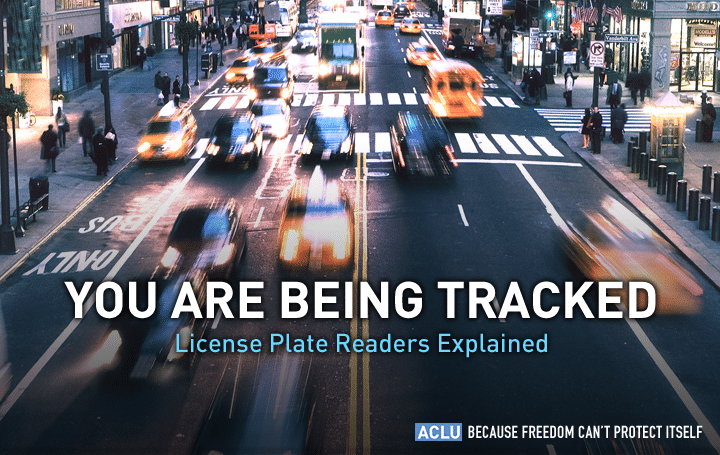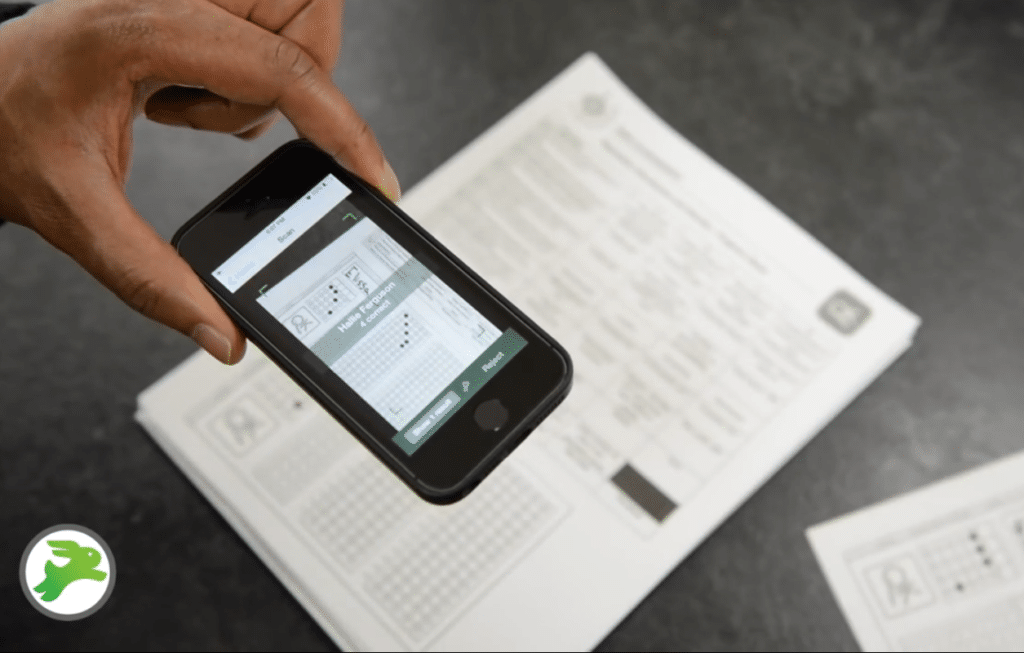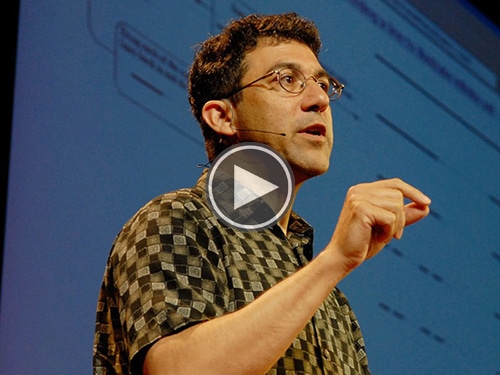Source: CNN/BeniAmerican – “Beni American University founder – Gossy Ukanwoke, featured on the CNN African Start-up, where he tells his amazing story, detailing the journey so far on starting Nigeria’s first online university and the vision to build a physical campus.”
You’ll Be Amazed by This Video of Tony Hawk Riding the First Hoverboard
Source: RIDE Channel
Tony Hawk and Dave Carnie visit the Hendo Hover warehouse to ride the world’s first real hoverboard.
The Origin Story of The Black Panther Reveals Why He’s So Much More Than Just the First Mainstream Black Superhero
Source: Watchmojo.com – “Superhero Origins: Black Panther. He’s not just the first mainstream black superhero, but the king of a hidden tribe and a powerful member of the Avengers!”
Could This New Truck Technology Save Lives Lost From Car Accidents?
Source: Volvo Trucks — “Volvo Trucks has developed new technology that can do a 360-degree scan of its surroundings and suggest actions to avoid incidents. The technology is developed specifically to protect vulnerable road users like pedestrians and cyclists.”
This Is an Awe-Inspiring and Comprehensive Look at How Humans Will Colonize Mars
Source: Verge – “What would a martian habitat look like? And how would we handle food shipments and radiation management?”
Imagine the Possibilities of What This Innovation Hub in Kenya Could Develop in the Next Few Years
Source: Design Indaba – “If you want to know what’s happening in the digital and tech space in Kenya, pay a visit to the iHub in Nairobi. Established in 2010, it has become “ground zero” for digital innovation in East Africa, an open space for technologists, entrepreneurs, venture capitalists and business people to network, collaborate and work on new ideas.”
This Is a Really Scary Look into the Future of What Police Tracking Could Become if Nothing Is Done to Stop It
Source: ACLU Videos – “Law enforcement is taking advantage of outdated privacy laws to track Americans like never before. New technologies can record your every movement, revealing detailed information about how you choose to live your life. Without the right protections in place, the government can gain access to this information — and to your private life — with disturbing ease.”
The Way These African Women Are Able To Produce Sustainable Energy Is Ingenious And Spectacular
Source: Worldbank.org – “For Judith in Tanzania, a load of manure is a wonderful thing. She got a loan to buy a couple of cows so she could create homemade biogas fuel to save money on expensive and polluting cooking fuels. Watch how her life has been transformed — and learn why a program that encourages women to invest in sustainable energy is benefiting entire communities.”
Revolutionary App Helps Educators Close Achievement Gap for Students At Under Privileged Schools
A former teacher turned tech entreprenuer has found a way to help close the achievement gap for students of severely under-resourced schools by giving educators the power to track their students’ progress with nothing more than a smart phone.
In an interview with Blerds, former teacher and Quick Key creator Walter Duncan said that closing the achievement gap is his passion and this new app has certainly allowed him to do just that.
He explained that schools with more sufficient funding can incorporate technology in the curriculum and grading process in a way that under resourced schools can’t.
This, in turn, widens the achievement gap between well-funded and low-funded schools.
Quick Key is working to significantly reduce that gap.
“Quick Key turns a mobile device into a scanner that allows teachers to grade assessments in paper based classrooms with or without an Internet connection,” the self-proclaimed “teacherpreneuer” told Atlanta BlackStar. “It then gives teachers the student performance data right away. This tool allows a dedicated teacher to improve student performance, irrespective of their schools infrastructure and budget.”
After spending 15 years in the classroom, Duncan realized there was a serious need for teachers to have a tool like this in their hands.
Tracking students’ daily progress and understanding of intense lesson plans is a task that would be nearly impossible to do by hand.
On average, teachers already spend more than 10 hours every week grading papers and assignments, according to estimates.
Ducan’s revolutionary app, Quick Key, will give teachers back those precious hours and allow them to focus on “developing and executing creative and engaging lessons.”
The impact of such an app is even greater than just saving time.
In the long run, allowing teachers to track student progress, have more time to develop lesson plans and prevent any one student from falling too far behind has the potential to boost graduation rates on a global scale and save the futures of students who potentially could have slipped through the educational system’s cracks.
More traditional means of tracking student progress often allows many students to fly under the radar, which means it could be too late by the time their parents or teachers notice they have fallen behind.
The technology behind Quick Key also has the ability to revolutionize the way people track progress even outside the classroom.
“In terms of companies, I would say AT&T, Coca-Cola, Target, Best Buy and Starbucks could benefit from using Quick Key for customer feedback and corporate training feedback,” Duncan said.
The same way the app would help teachers identify areas where students are struggling, the app could allow higher ups at any given company to identify areas where their corporate training programs could use improvements.
“Corporate training is critical to successful companies,” Duncan said. “But tracking participant mastery of concepts can be time consumer and challenging. Quick Key allows companies to track mastery of corporate training in real time.”
Duncan also explained that the app is a tool that should be used to help improve relationships between teachers and students.
In fact, it was his own positive relationship with a former student from Los Angeles that helped bring Quick Key to the market.
“Over the course of my career, I built many healthy relationships with students,” Duncan explained. “These relationships persisted during the time after I had been their teacher. One such student, from Los Angeles, helped to change my life.”
Duncan explained that he had just created a “grainy” video with his iPhone that revealed the app’s prototype and overall vision for the app.
“I asked Jacob, my former student, to help me improve the video, and he agreed,” Duncan said. “I gave him my YouTube password (reluctantly) and went to bed.”
The next morning he “woke up to a different world than the one [he] went to bed in.”
Jacob had posted the video to Reddit along with a heart-warming message.
“The best teacher I ever had created this cool new app, let’s show him we appreciate his hard work,” Jacob wrote.
It wasn’t long before the video went viral and garnered the media attention of major outlets including Techcrunch.
So many teachers started signing up for the app that the servers crashed.
Today, more than 400,000 assessments in more than 40 different countries have been graded using the Quick Key mobile app.
The app is free to download from iTunes and truly harnesses the power to level the playing field for students at under-resourced schools.
Mathematician Dr. Ron Eglash Tells the Amazing Story of the Origins of Fractals in Africa
Source: Black History Walks










